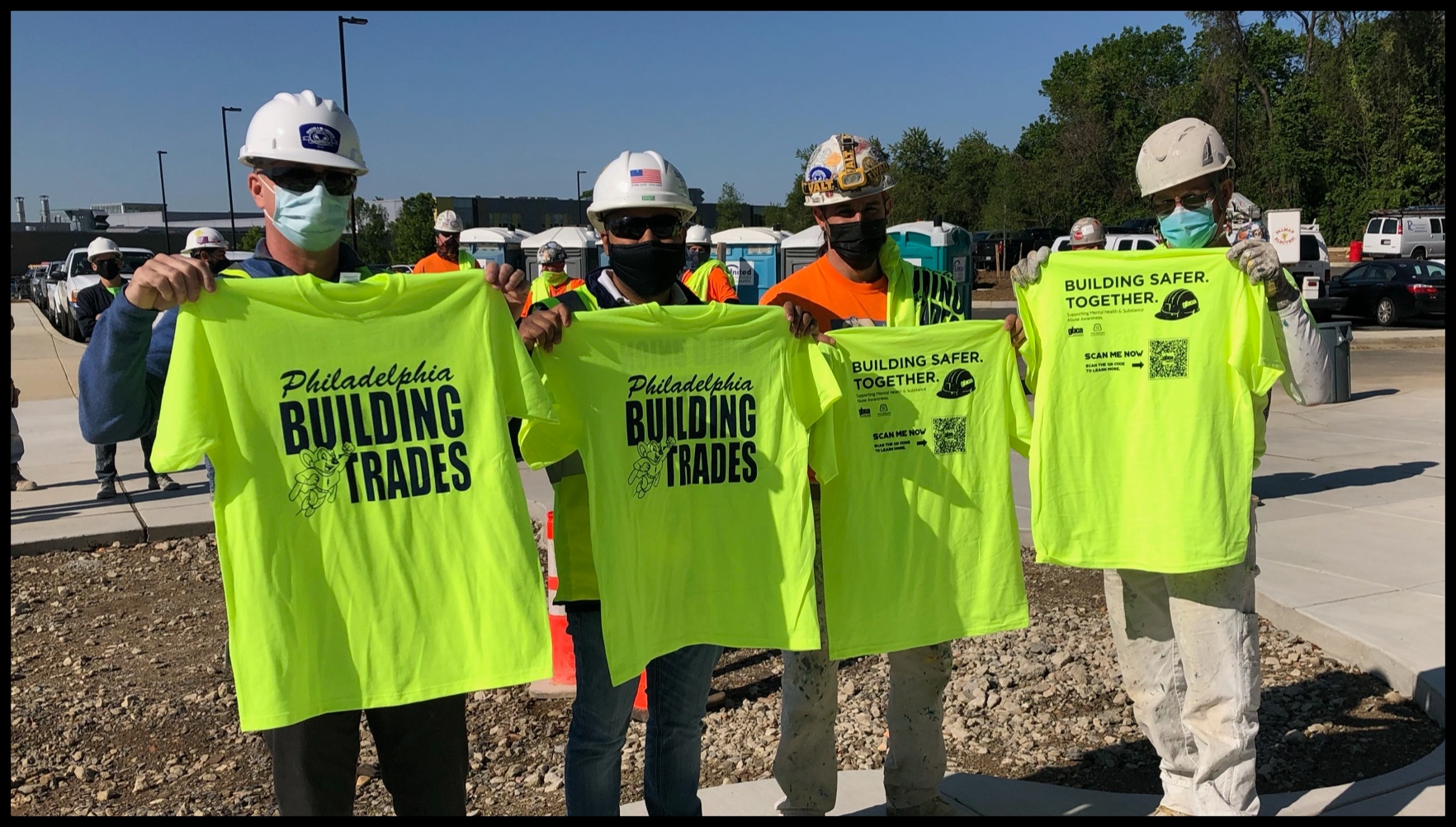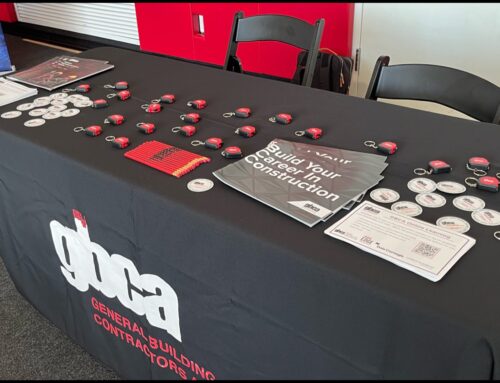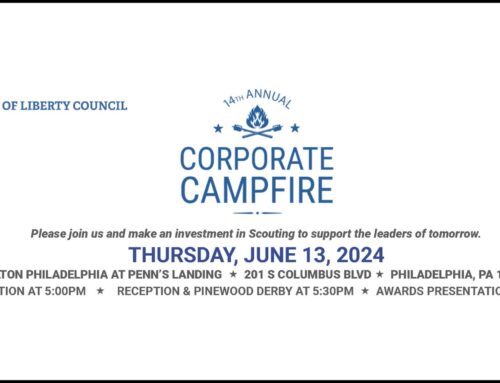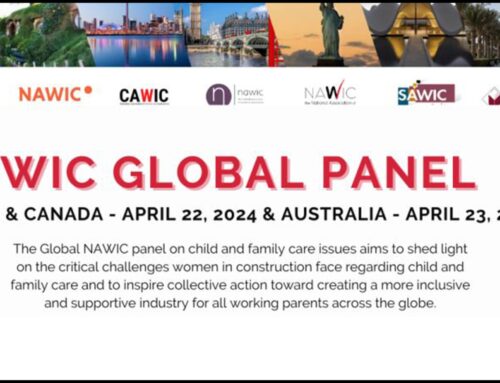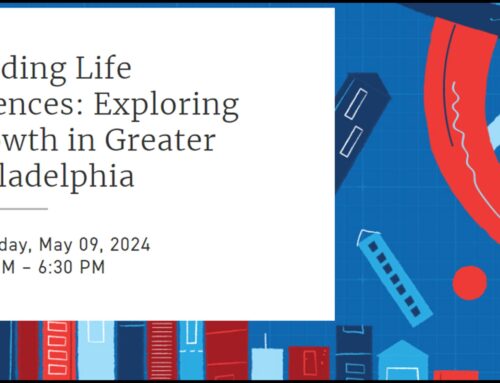GBCA has partnered with the Philadelphia Business Journal to share the stories of the Philadelphia region’s union commercial construction industry.
From the Philadelphia Business Journal:
It’s no secret that mental health conditions and substance abuse rates have risen significantly throughout the U.S. What’s much less visible is the severity of these issues within the construction industry. One in five construction professionals struggle with a mental health condition, the rate of substance abuse among this population is nearly double the national average and the sector has the second-highest suicide rate among all industries.
Facing formidable statics like these, the General Building Contractors Association (GBCA), Eastern Atlantic States Regional Council of Carpenters (EASRCC) and Philadelphia Building & Construction Trades Council (BTC) are joining forces to fight what has been coined the silent epidemic — and build a healthier industry. …
“Conditions like depression, anxiety and addiction too often take a back seat to injuries you can actually see. In reality, behavioral health is just as important as physical health and safety, and it’s time people embrace it as such,” says Angela Hendrix, GBCA’s director of training and workforce development who leads the association’s safety committee. “Shifting the industry culture starts with taking the issues that are seen as taboo and turning them into frequent, highly visible topics of conversation.”
Putting a spotlight on mental health and substance abuse was the idea behind a recent safety “stand down” that halted construction work at one of Gilbane Building Company’s active job sites in Philadelphia. The pause enabled leaders from Gilbane, GBCA, EASRCC and BTC to talk directly to employees about the importance of mental health and substance abuse awareness. It’s one of many examples of how industry groups and construction firms are taking action.
“We can’t allow our colleagues and friends to suffer in silence,” continues Hendrix. “We’re focused on ensuring the right supports are in place so people throughout the industry can recognize when they — or someone else — need help and how to get it.”

